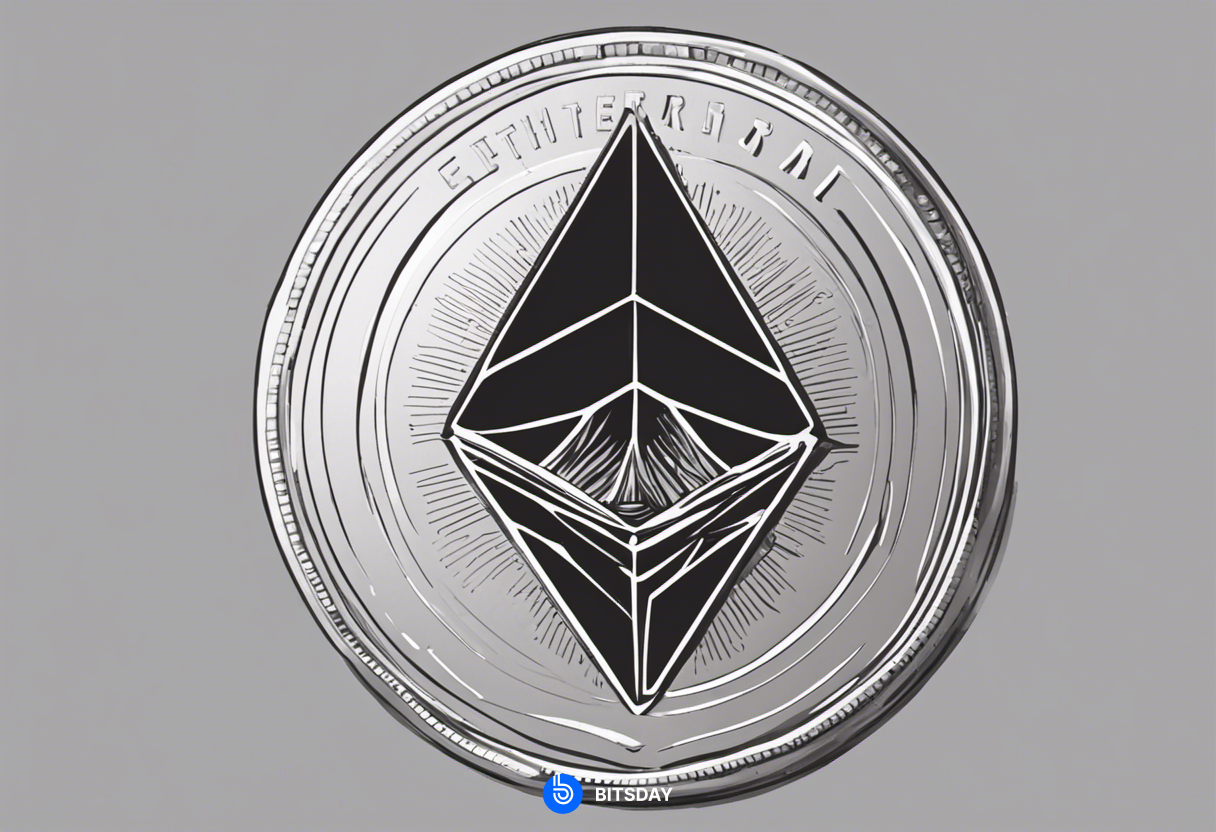Ether's Inflationary Shift: Network Revenue Hits a 9-Month Low

The decline in Ethereum network activity is partially attributed to the increased adoption of layer 2 solutions, and experts anticipate this trend to continue in the short term, according to insights from IntoTheBlock.
As a result of a notable decrease in activity on the Ethereum network, Ether (ETH) has shifted to an inflationary state, a development that could potentially put downward pressure on the token's value, analysts have noted. Data from blockchain analytics firm IntoTheBlock reveals that network fees, which serve as an indicator of network usage, experienced a decrease of over 9% this week, amounting to $22.1 million, marking the lowest figure recorded in nine months.
Consequently, the supply of ETH, Ethereum's native cryptocurrency, has seen an increase, as fewer tokens were burned for transaction verification compared to those newly created, as indicated by data from Ultrasound.money.
The reduction in network fees can be partially attributed to the growing adoption of layer 2 solutions. Lucas Outumuro, the Head of Research at IntoTheBlock, conveyed in a conversation on Telegram with Bitsday that this trend is likely to persist in the near future.
IntoTheBlock highlighted in a report:
"[This trend] may be putting some pressure on the second largest crypto-asset, as its supply has been growing over the past month, reverting its deflationary trend."
The notion of Ether being deflationary emerged after last year's Merge, a significant network upgrade that saw Ethereum transition from a proof-of-work consensus mechanism to proof-of-stake, resulting in substantial changes to the cryptocurrency's supply dynamics.
During periods of high network demand, more tokens are burned than created, which typically has a positive impact on the price. However, when network demand is low, the dynamic shifts.
IntoTheBlock is one of many crypto observers who have taken note of the bearish developments for ETH.
In a prior report this week, JPMorgan analysts noted that Ethereum's much-anticipated Shanghai upgrade failed to boost network activity, as transaction counts, active addresses, and total value locked on the blockchain have all declined since April.
Crypto services provider Matrixport reiterated its negative outlook for the crypto asset compared to BTC in a Friday market update, citing "shockingly low revenues" and "lack of buzz" around the next protocol update. The firm had previously projected earlier this month that ETH could drop to as low as $1,000 if the trend continues.
ETH has recently been trading at $1,591 and experienced a drop to a 14-month low price against BTC.
Read more: JPMorgan Highlights Ethereum's Shanghai Upgrade as a 'Missed Opportunity

Trending



Press Releases

Deep Dives







